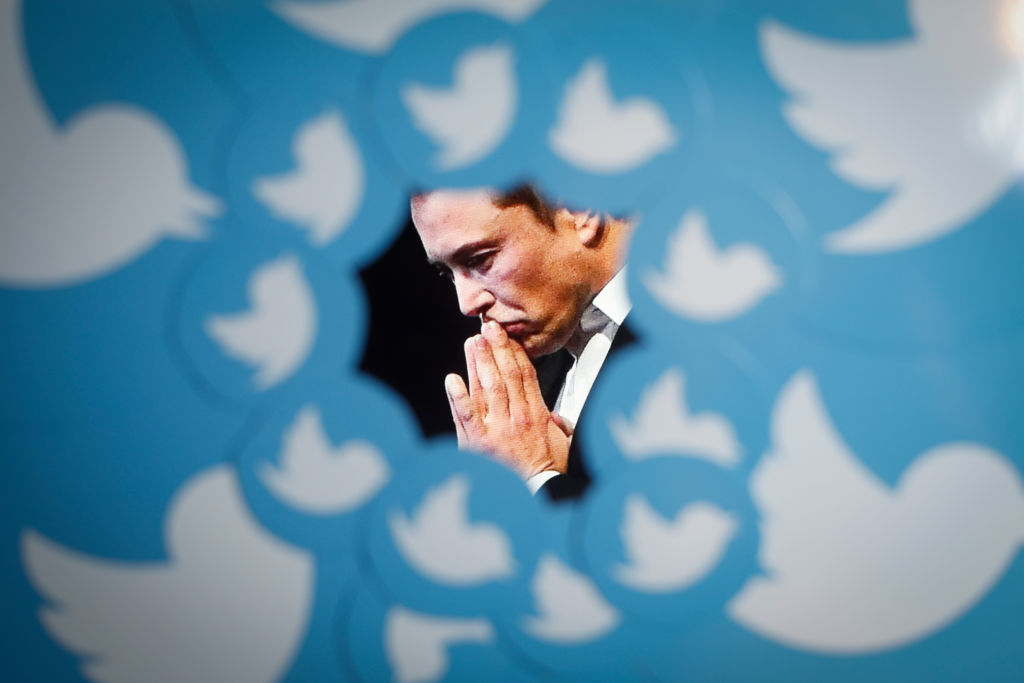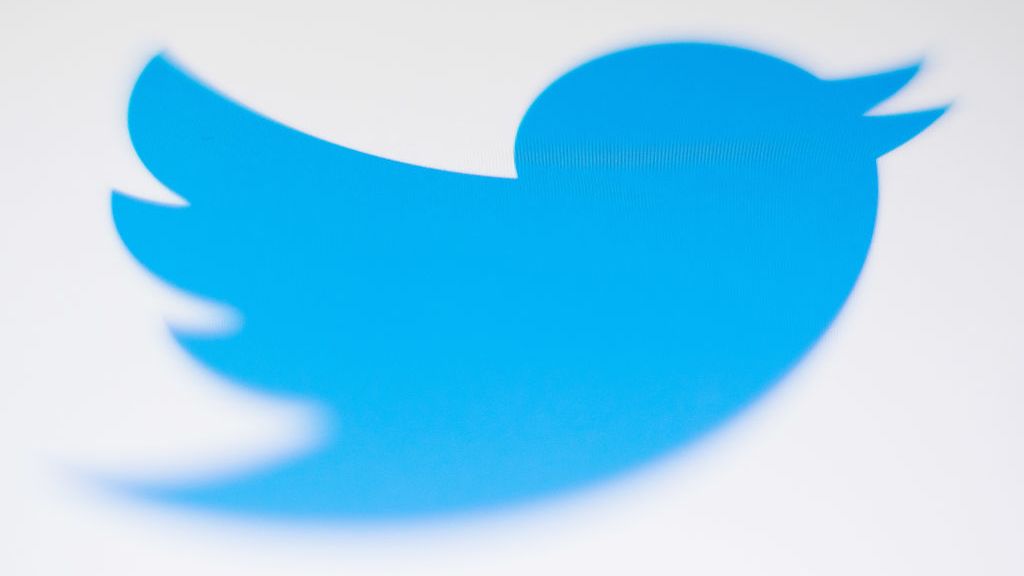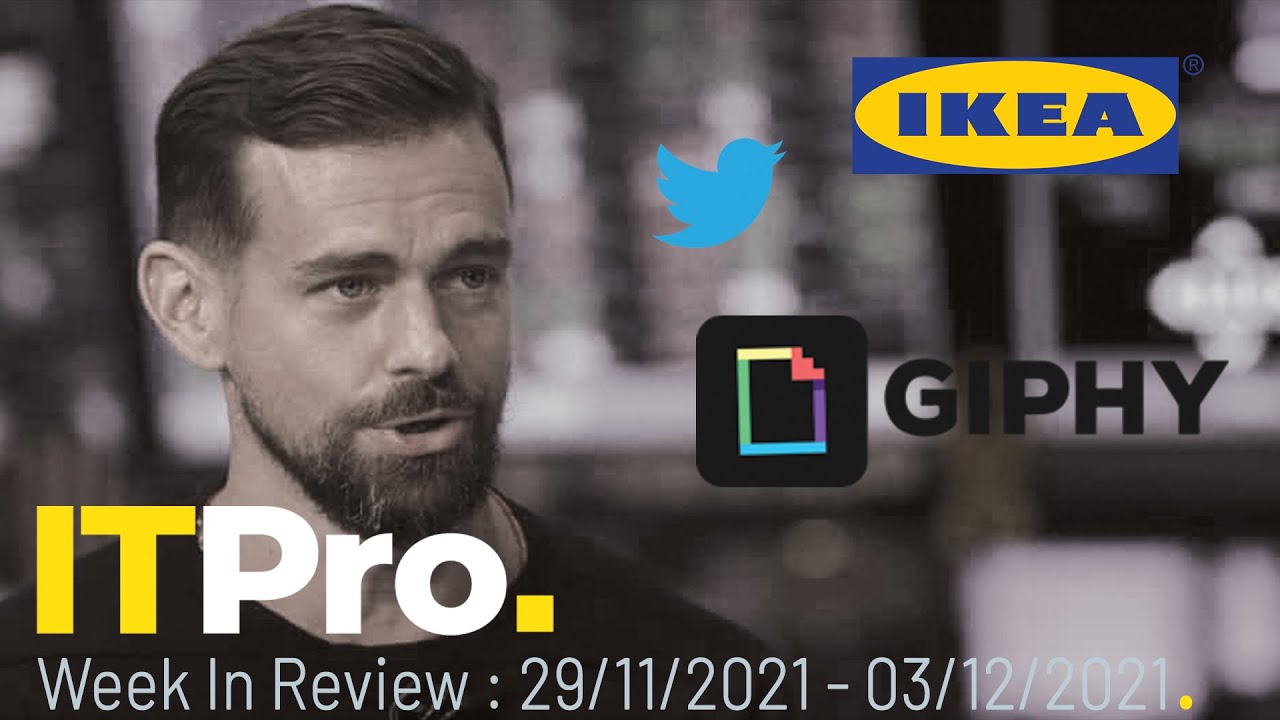Elon Musk confirms Twitter CEO resignation, allegations of investor influence raised
Questions have surfaced over whether Musk hid the true reason why he was being ousted as Twitter CEO behind a poll in which the majority of users voted for his resignation


Elon Musk has announced he will tender his resignation as Twitter CEO after a poll he posted concluded that the majority of users on the social media platform wanted him to step down.
Musk, who assumed the role of chief executive in October following a $44 billion acquisition, posted the poll on 18 December asking “should I step down as head of Twitter?”.
In the post, Musk added that he “will abide by the results of the poll” should users urge him to step aside from the lead role. The Twitter chief officially confirmed he would step down on Monday evening.
The poll drew more than 17 million votes from users on the platform airing their views on his decision, which resulted in 57% favouring his exit.
Days after the poll ended and following suspicions that Musk may not abide by its results, he confirmed today his intentions to resign and focus on running the software and servers teams at the social media firm.
He added that this is contingent on whether he can “find someone foolish enough to take the job”.
Exactly who will take over as CEO is yet to be revealed. But in a cryptic follow-up tweet on Sunday, he warned users “be careful what you wish, you might get it”.
Get the ITPro daily newsletter
Sign up today and you will receive a free copy of our Future Focus 2025 report - the leading guidance on AI, cybersecurity and other IT challenges as per 700+ senior executives
In a reply to a user who claimed he “already has the new CEO picked out”, Musk added that “no one wants the job who can keep Twitter alive. There is no successor”.
This latest move follows a consistent pattern since Musk assumed control of the company earlier this year. The entrepreneur has conducted a number of controversial polls seeking user feedback on major decisions in a move to bolster democratisation on the platform.
A poll to re-instate former US President Donald Trump saw users vote for his return after a ban was imposed in the wake of the January 6th riot. The move fell flat, however, when Trump refused to return and stay on alternative social media site, Truth Social.
Behind the scenes influence?
Speculation over Musk’s decision to launch this poll has been rife on the platform over the last three days.
Leonidas Raisini, a self-proclaimed Tesla and Twitter angel investor, claimed to have “overheard” discussions between Musk and Qatari emir Tamim Bin Hamad during the World Cup final in Doha on Sunday.
In a series of tweets, Raisini suggested the decision to launch the poll was influenced by investor pressure on Musk to step down.
“Elon tweeted this [the poll] after he was told by his Saudi and Qatari investors to get his sh*t together. They are not happy with the way he is proving to be an amateur CEO and asked him to step down,” Raisini said in a follow-up tweet.
Following Musk’s takeover in October, Saudi prince Alwaleed bin Talal became Twitter’s second-largest shareholder after investing $1.89 billion to support the deal.
The Qatar Investment Authority, a subsidiary of the country’s sovereign wealth fund also contributed around $375 million in exchange for shares in the social media platform.
According to reports from CNBC Musk has been actively searching for a replacement CEO for some time. Sources told the publication that the chief executive had signalled his intention to find a replacement prior to the launch of the poll.
Musk has been vocal about his position at the social media company since the takeover, suggesting that his role would only be temporary.
Policy Changes
In the wake of the vote, Musk hinted that the social media firm could implement changes to how users interact with polls on the platform.
Musk suggested that the outcome might have been influence by bot-driven traffic, and confirmed in a tweet that moving forward only Twitter Blue subscribers would be able to participate in the polling feature.
Since Musk’s acquisition of Twitter, the platform has been hit by a number of controversies, including a recent snap decision to ban a number of high-profile journalists amid claims of ‘doxxing’.
This disruptive period also saw thousands of staff laid off, an overhaul of the platform’s verification system and the scrapping of its Trust and Safety council.

Ross Kelly is ITPro's News & Analysis Editor, responsible for leading the brand's news output and in-depth reporting on the latest stories from across the business technology landscape. Ross was previously a Staff Writer, during which time he developed a keen interest in cyber security, business leadership, and emerging technologies.
He graduated from Edinburgh Napier University in 2016 with a BA (Hons) in Journalism, and joined ITPro in 2022 after four years working in technology conference research.
For news pitches, you can contact Ross at ross.kelly@futurenet.com, or on Twitter and LinkedIn.
-
 Cleo attack victim list grows as Hertz confirms customer data stolen
Cleo attack victim list grows as Hertz confirms customer data stolenNews Hertz has confirmed it suffered a data breach as a result of the Cleo zero-day vulnerability in late 2024, with the car rental giant warning that customer data was stolen.
By Ross Kelly
-
 Lateral moves in tech: Why leaders should support employee mobility
Lateral moves in tech: Why leaders should support employee mobilityIn-depth Encouraging staff to switch roles can have long-term benefits for skills in the tech sector
By Keri Allan
-
 Who owns the data used to train AI?
Who owns the data used to train AI?Analysis Elon Musk says he owns it – but Twitter’s terms and conditions suggest otherwise
By James O'Malley
-
 Businesses to receive unique Twitter verification badge in platform overhaul
Businesses to receive unique Twitter verification badge in platform overhaulNews There will be new verification systems for businesses, governments, and individuals - each receiving differently coloured checkmarks
By Connor Jones
-
 Ex-Twitter tech lead says platform's infrastructure can sustain engineering layoffs
Ex-Twitter tech lead says platform's infrastructure can sustain engineering layoffsNews Barring major changes the platform contains the automated systems to keep it afloat, but cuts could weaken failsafes further
By Rory Bathgate
-
 ‘Hardcore’ Musk decimates Twitter staff benefits, mandates weekly code reviews
‘Hardcore’ Musk decimates Twitter staff benefits, mandates weekly code reviewsNews The new plans from the CEO have been revealed through a series of leaked internal memos
By Connor Jones
-
 Twitter could charge $20 a month for 'blue tick' verification, following Musk takeover
Twitter could charge $20 a month for 'blue tick' verification, following Musk takeoverNews Developers have allegedly been given just seven days to implement the changes or face being fired
By Rory Bathgate
-
 Twitter reports largest ever period for data requests in new transparency report
Twitter reports largest ever period for data requests in new transparency reportNews The company pointed to the success of its moderation systems despite increasing reports, as governments increasingly targeted verified journalists and news sources
By Rory Bathgate
-
 IT Pro News In Review: Cyber attack at Ikea, Meta ordered to sell Giphy, new Twitter CEO
IT Pro News In Review: Cyber attack at Ikea, Meta ordered to sell Giphy, new Twitter CEOVideo Catch up on the biggest headlines of the week in just two minutes
By IT Pro
-
 Jack Dorsey resigns as Twitter CEO
Jack Dorsey resigns as Twitter CEONews CTO Parag Agrawal takes the reins as Dorsey also plans to leave board position
By Danny Bradbury